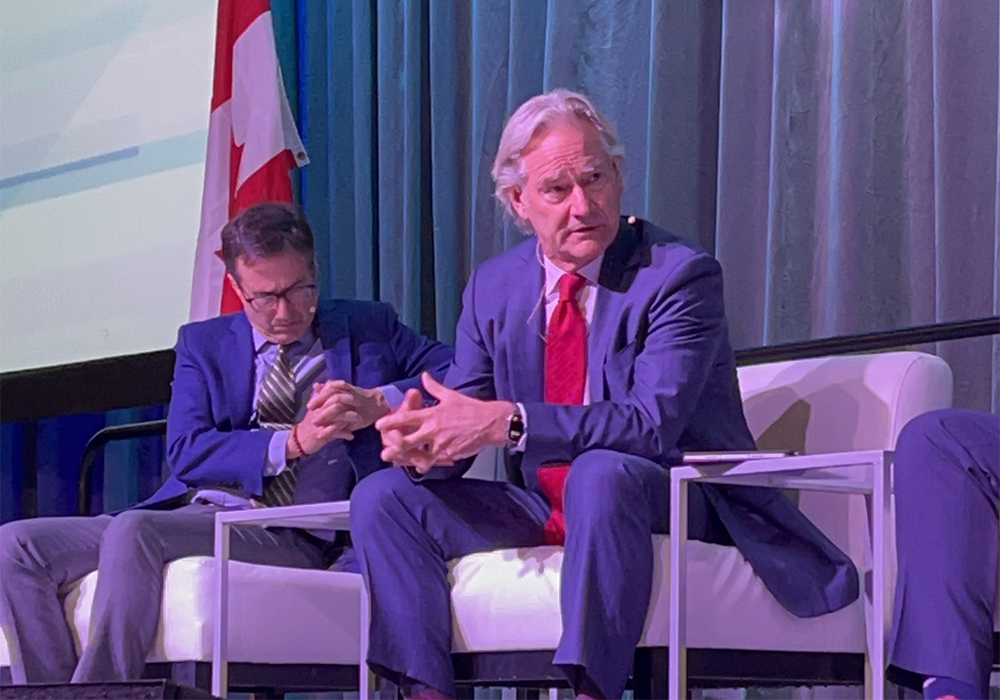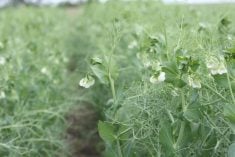Maple Leaf Foods president says farmers and corporations frustrated over the inability to measure sustainable farming
OTTAWA — Farmers hear a lot of talk about sustainability but that’s often all they witness — talk, but not much walk.
It’s a frustration not only for farmers but also the commercial powers that see potential in sustainable agriculture but an inability to get it recognized.
To Maple Leaf Foods’ president and chief executive officer Michael McCain, it’s a symptom of inability to measure, record and verify farmers’ positive farming actions.
“It needs to be farmer-friendly, and it’s not,” said McCain during a panel discussion at Canada’s Agriculture Day in Ottawa. “(Sustainability measures) are not workable. They’re not farmer-friendly. They’re not technologically right. They’re not efficient. And they’re not effective.”
Read Also

Canadian Food Inspection Agency red tape changes a first step: agriculture
Farm groups say they’re happy to see action on Canada’s federal regulatory red tape, but there’s still a lot of streamlining left to be done
McCain shared a hard-nosed optimism about the importance of sustainable agriculture with fellow panelists Ken Seitz, Nutrien president and CEO, and John Stackhouse, senior vice-president at RBC. If Canada wants to reduce environmental damage from human activity, it is vital to reward farmers for beneficial practices, he said.
But all three panelists said current systems fall far short of recognizing what farmers do to protect land, water, biodiversity and other elements of the environment. There’s no generally accepted way to measure farmer actions, to record them in an accessible way, and to then feed into reward systems that provide an incentive for further beneficial farming actions.
Stackhouse has spent time pondering this as he looks toward a future Canadian economy that doesn’t just rely upon government money to “decarbonize.”
“This has to be market-driven,” said Stackhouse about the 80 percent of “climate action” funding coming from government. “This needs to shift. The baton needs to pass to private.”
Rewarding biodiversity preservation is likely to become more important, he said, but developing such a system will be more challenging than emissions-reduction support, which is still ineffective.
Seitz said many advances are already available, among them slow release fertilizers, and Nutrien is working to prove the beneficial effects of these products for reducing greenhouse gas emissions while boosting agricultural productivity.
“We believe we can improve yields and we believe that we can improve sustainability outcomes on that farm, on that acre, and we’re proving it through our carbon pilot (research project),” said Seitz.
Farmers in Western Canada have employed zero-till for decades and use less disruptive drainage management than in the past. But frustration is common with the endless lauding of sustainability when there is no concrete definition of the term or a means for recognizing it.
That was a concern raised by panel moderator Alanna Koch.
“We’re quick to take action. We’re not afraid of change. But we do need to understand the business realities of that adoption of change,” said Koch.
















